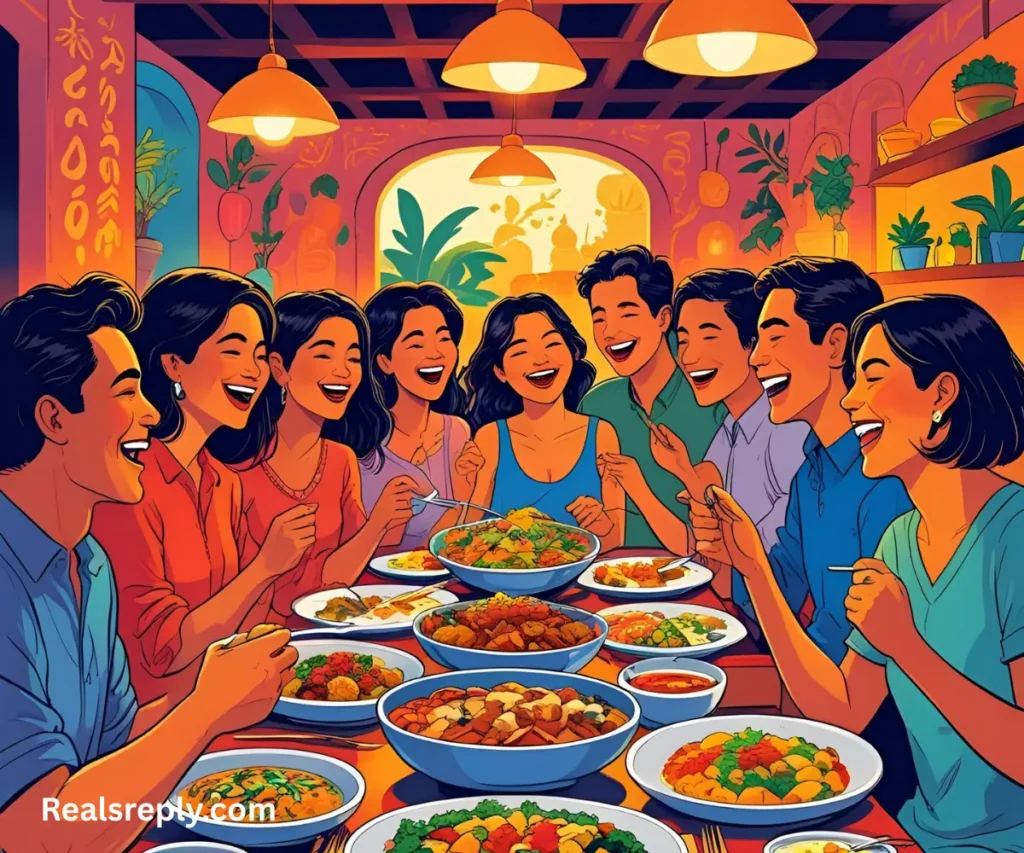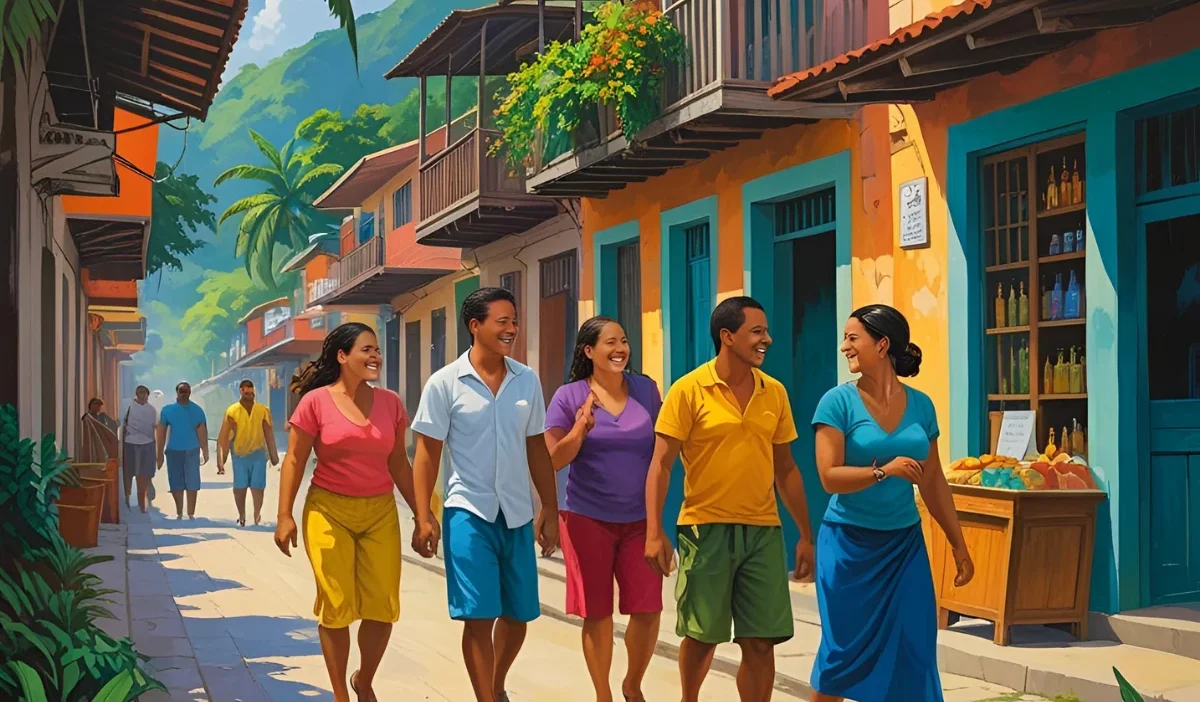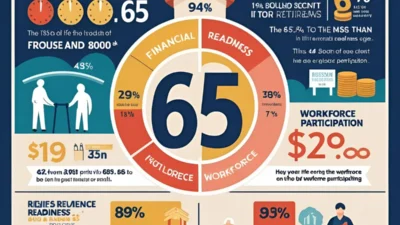Imagine strolling through the vibrant streets of Tegucigalpa, where the air hums with warmth and community spirit.
You pass a stranger, and with a quick smile, they say something that feels like a warm hug.
What do Hondurans say to each other when passing on the street? Buen provecho abrazo don adiós explores the heart of Honduran greetings, revealing how these simple words connect people.
From casual hellos to heartfelt gestures, Honduran culture shines through its daily interactions.
This article dives into the phrases Hondurans use, their meanings, and when to use them, helping you blend into this lively culture with ease.
The Warmth of Honduran Greetings

Hondurans are known for their friendly and welcoming nature. When passing someone on the street, a simple “Buenos días” (Good morning) or “Buenas tardes” (Good afternoon) is common. These greetings show respect and acknowledgment. For example, if you’re walking through a market, you might nod and say “Buenos días” to a vendor. Avoid rushing past without a greeting—it might seem cold. Instead, take a moment to connect with a smile and a kind word, embracing the local warmth.
Understanding “Buen Provecho”

“Buen provecho” means “enjoy your meal” and is typically said to someone eating, not just passing by. If you see a family dining at a street-side comedor, you might say, “Buen provecho!” as a polite gesture. It’s like wishing them a happy meal. Don’t use it randomly on the street—it’s specific to food moments. For instance, saying it to someone walking with a coffee might confuse them. Stick to this phrase when you see someone enjoying their baleadas or tamales.
The Power of an “Abrazo”
An abrazo, or hug, isn’t just a word—it’s a cultural treasure. Hondurans often greet close friends or family with a warm hug, even on a quick street encounter. If you meet a friend, you might say, “¡Qué gusto verte!” (So good to see you!) and share an abrazo. For strangers, a handshake or nod is enough. Don’t offer an abrazo to someone you just met—it might feel too personal. Reserve this for those you know well to show genuine affection.
The Role of “Don” in Respectful Greetings
In Honduras, “Don” is a title of respect used for older or esteemed men, like “Don José”. When passing an elder on the street, you might say, “Buenos días, Don Miguel”, to show honor. It’s a way to acknowledge their wisdom or status. Avoid using “Don” with younger people or casually—it’s reserved for those who’ve earned respect. For example, greeting a shopkeeper with “Don Carlos, ¿cómo está?” builds rapport and shows cultural awareness.
Saying “Adiós” with a Smile
“Adiós” isn’t just for goodbyes in Honduras; it’s also a friendly way to acknowledge someone as you pass by. A quick “Adiós” with a wave can mean “see you around” rather than a final farewell. For instance, if you pass a neighbor, you might say, “Adiós, nos vemos” (See you later). Don’t overuse it in formal settings, like with a boss—it’s more casual. This simple word carries a sense of community and connection.
When to Combine These Phrases
Sometimes, Hondurans mix greetings for warmth. For example, you might see a friend eating and say, “Buen provecho, amigo, ¿cómo estás?” Or, greeting an elder, you could say, “Buenos días, Don Juan, adiós”, as you pass. Combining phrases shows familiarity and respect. Avoid overcomplicating greetings with strangers—keep it simple. Practice these combinations in casual settings, like markets or parks, to feel more like a local.
Conclusion
Exploring what do Hondurans say to each other when passing on the street?
Buen provecho abrazo don adiós reveals the heart of Honduran culture. From the cheerful “Buenos días” to the respectful “Don”, these phrases build connections.
Whether you’re wishing someone “Buen provecho” or sharing an abrazo, each word carries warmth.
Next time you’re in Honduras, try these greetings with a smile.
They’re more than words—they’re a way to join the community and feel the pulse of this vibrant country.




